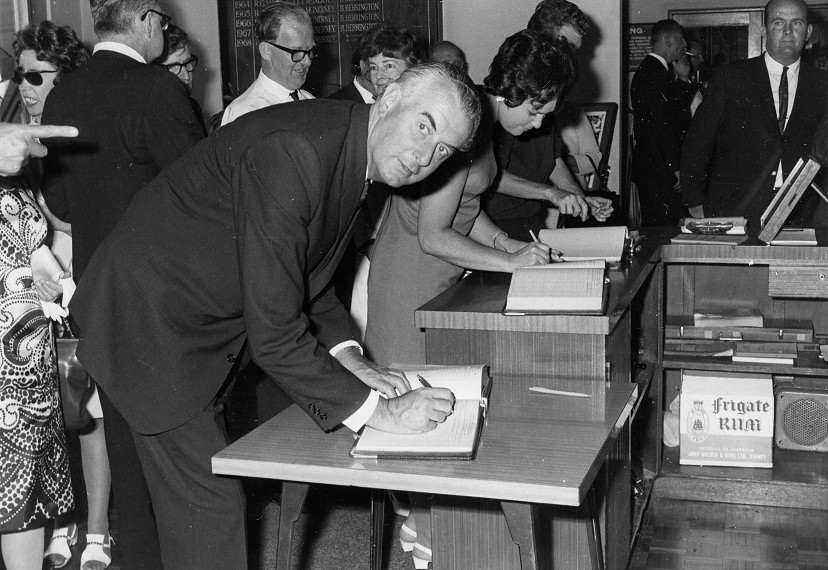Recount Update 3 April: The recount has started (see figures
here). Shane Broad leads Brenton Best by 1044 votes with 2540 preferences to throw, meaning Brenton Best would need to get 70.6% of preferences if none exhausted, but probably a few will so he will need a higher share of those that do not. Making things harder for Best are that, for instance, a vote that was Bessell-Broad-Green will still come back to Broad, but a vote that was Bessell-Best-Green is not in the recount, so the bug continues to advantage Broad on the remaining votes. Furthermore among the remaining votes there is quite a slab from Paul O'Halloran (Greens) and Best annoyed many Greens voters in the last parliament. I cannot see how Best can possibly win this.
4 April: Broad has extended his lead by seven votes on the first two exclusions and Best now needs 74.4% of preferences if none exhaust. It may already be mathematically impossible.
11:30: The ABC has reported Broad is over the line.
12:20: Broad has won by a massive 1989 votes. On that basis even without all the benefits of the recount bug he probably still would have got over the line by 100-200 votes or so. The blowout in the margin was largely because preferences from Darryl Bessell flowed heavily to Broad in the recount, unlike preferences from Bessell in the election which had flowed heavily to Best. So voters who voted Bessell-Green or Green-Bessell (ignoring non-contesting candidates) saw the choice between Broad and Best completely differently to those who voted for Bessell then went straight to Broad or Best.
==============================================================
It's been a huge day in Tasmanian state politics with the resignation of Labor leader
Bryan Green and his unopposed (at least within the PLP) replacement by
Rebecca White. White is the youngest ever Tasmanian Labor leader and will be the youngest Premier by a few to several months if she wins the next state election. (She is not, however, the youngest Labor leader nationally - Chris Watson, later to be PM, was probably one day younger when he became the first federal Labor leader. There may have been other younger Labor leaders in other states; I haven't checked. She is also not the youngest Tasmanian major party leader - Liberal Geoff Pearsall was 32 in 1979.)
Bryan Green is the second long-term Labor leader after Neil Batt (leader 1986-88) to not contest an election. While Green was uncompetitive in head-to-head matchups with Will Hodgman (even after allowing for the edge to the incumbent on such measures) he oversaw a time in which the parliamentary party was almost always unified in public and bloodletting following a massive loss in 2014 was contained.








